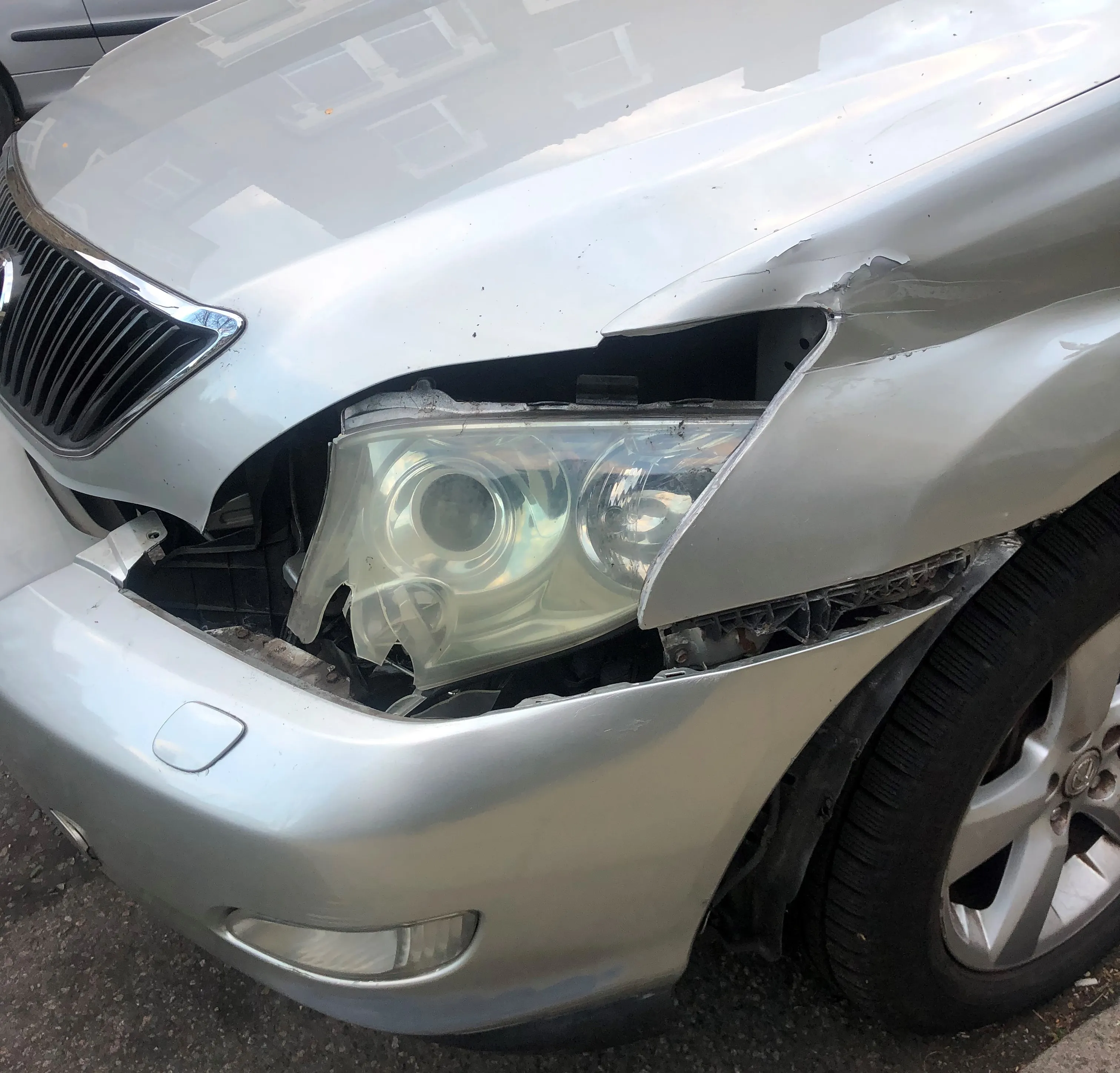Passengers in hybrid-powered cars are about 25% less likely to be injured in a crash than those in their conventional-powered counterparts, according to research released by the Highway Loss Data Institute, which claims that the additional weight of the hybrid engine adds an extra layer of safety over similar, non-hybrid cars. Cars with hybrid engines typically weigh about 10% more than their conventionally-powered twins.
May 14, 2012
Read time: 2 mins
RSSPassengers in hybrid-powered cars are about 25% less likely to be injured in a crash than those in their conventional-powered counterparts, according to research released by the 5523 Highway Loss Data Institute (HDLI), which claims that the additional weight of the hybrid engine adds an extra layer of safety over similar, non-hybrid cars. Cars with hybrid engines typically weigh about 10% more than their conventionally-powered twins.
“This new research shows that hybrid engines not only save fuel, but they may save lives,” claimed Candysse Miller, executive director of the5524 Insurance Information Network of California. “Choosing a car that saves gas doesn’t necessarily mean compromising on safety.”
The research compared 25 hybrid cars and their petrol-powered versions of the same vehicles, including the2728 Toyota Camry, 3423 Ford Fusion and the 2288 Honda Accord. The Toyota Prius and Honda Insight, which are not available with petrol-power only, were not included in the study. However the findings make no mention of any analysis into the types of people who choose to buy hybrid cars and does not reveal any evaluation of their driving styles, which may show a somewhat different perspective on the research. Experience would suggest that owners of hybrid cars are less likely to be people who drive at speed or who are attracted by high performance, details that the research seems to have overlooked.
A separate analysis by the HLDI found that hybrids may be as much as 20% more likely to be involved in collisions with pedestrians than their petrol-powered counterparts, likely due to their quiet engines. The US2467 National Highway Traffic Safety Administration is currently developing policy to equip electric and hybrid cars with sounds to alert unsuspecting pedestrians.
“This new research shows that hybrid engines not only save fuel, but they may save lives,” claimed Candysse Miller, executive director of the
The research compared 25 hybrid cars and their petrol-powered versions of the same vehicles, including the
A separate analysis by the HLDI found that hybrids may be as much as 20% more likely to be involved in collisions with pedestrians than their petrol-powered counterparts, likely due to their quiet engines. The US






